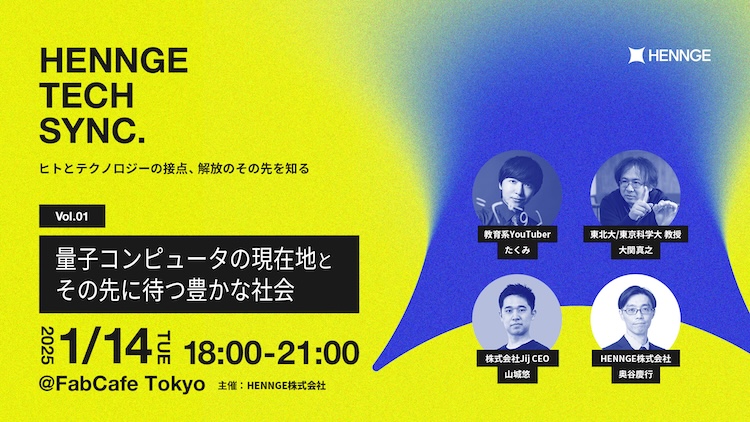
This is the second part of the report. Part 1 can be found here.
What will the latest technology bring us? And what kind of future lies ahead?
HENNGE TECH SYNC., the title of this event, had its first theme as “The Current State of Quantum Computers and the Rich Society that Awaits.” This ambitious theme was appropriate for the beginning of a memorable year that marked the 100th anniversary of the birth of quantum mechanics. The event provided a valuable opportunity for attendees and speakers to interact through a multifaceted Q&A session.
Key Players in the Global Quantum Computing Industry
The audience expressed interest in Japan’s position in the global quantum computing industry and notable companies to watch.
Ohzeki
While in many countries, governments lead quantum computer development due to political and military competition, in Japan, private companies are at the center of development. This allows Japan to take a different approach from other countries. The difference could make Japan the world leader in quantum computing regarding economic aspects.

Yamashiro
When we talk about companies you should watch right now, a well-known US startup is QuEra. In Japan, QunaSys, which focuses on software development, and the Furusawa & Endo Lab, known for their research in quantum information physics, are definitely worth noting.
However, when it comes to hardware, it’s also true that large corporations’ financial muscle and driving force typically lead to the most significant advancements. Just last year, we saw Google announce their new quantum chip called Willow, and IBM achieved a quantum computer with over 1000 qubits.
I want to point out another important fact: many materials and components used in quantum computers, excluding the quantum chip itself, such as cooling equipment, are made by Japanese manufacturers.

Ohzeki
QuEra Computing and OptQC are definitely worth paying attention to. In addition to those, I’d like to re-emphasize D-Wave Systems.
There are two types of quantum computers: the quantum gate model, which is capable of general-purpose calculations, and the quantum annealing model, which specializes in combinatorial optimization calculations. D-Wave Systems initially became famous as a startup that created and commercialized quantum annealing chips. Now, they’ve announced their intention to develop gate-type chips, and they are indeed in the process of doing so. They have advanced technology in arranging and controlling a large number of qubits in quantum annealing machines. I’m looking forward to seeing if they can use that technology to create gate-type machines with a large number of qubits.
Then, as the discussion turned to the number of qubits necessary for practical quantum computing applications, Ohzeki pointed out that while the number of qubits we can manage will undoubtedly continue to grow, it’s essential to consider what we will use them for. Yamashiro added that two main approaches are currently in progress: one is to lower the required number of physical qubits through innovative algorithm design, and the other is to increase the number of physically arrangeable qubits.
Application of Quantum Computing in the Near Future
At the end of the discussion, the speakers talked about the impact of quantum computers on society, other fields outside quantum physics, and future technological developments.

Ohzeki
Because they require cooling, quantum computers need physically gigantic spaces. However, if used via the cloud, the end devices do not need that much capacity. There’s a possibility that services for general companies and households include quantum computers.
For example, it’s unsurprising if a refrigerator that looks inside and suggests whether to make curry or nikujaga for dinner today appears within five years. There could also be applications such as suggesting the optimal courses for students to take to earn credits efficiently.

Yamashiro
Our smartphones have GPUs, although we don’t usually think about it. Currently, miniaturization is difficult because cooling is necessary. Still, in the future, quantum chips may be installed in devices at hand, like smartphones, rather than relying on the cloud. I imagine that practical applications start running on quantum computers at first, and then, as the hardware evolves, we will be able to use them on such devices.

Ohzeki
Another point to add is that quantum computers have low power consumption. If the computing power is the same, lower power consumption is better, so it is possible that they will naturally replace existing computers.

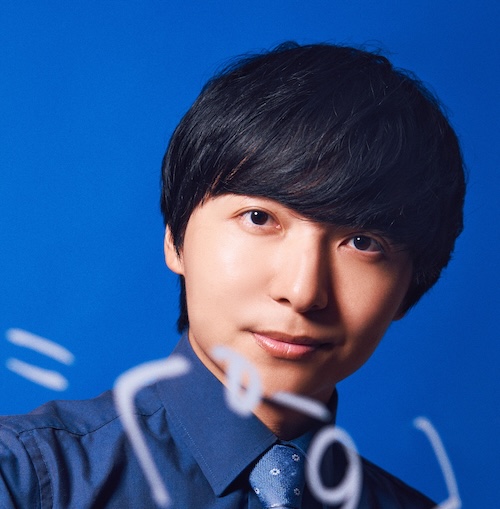
Takumi
We are looking forward to finding a solution to the cooling issues.

Yamashiro
Vast amounts of energy are currently used even for small talk for pleasure with generative AI. An idea might emerge to use quantum computers as an alternative.

Ohzeki
We will reach the point where some quantum computer app will run in about five years. On the other hand, the standards required of computers in general will also rise, and existing digital computing will continue to evolve.

Yamashiro
I agree. The replacement of existing computers with quantum computers will likely proceed gradually. I anticipate a timeframe of around 20 to 30 years for high-performance computing (HPC), which is necessary for generative AI, to transition to quantum computers.

Takumi
What kind of social impact do you think will occur as quantum computing technology innovation progresses?
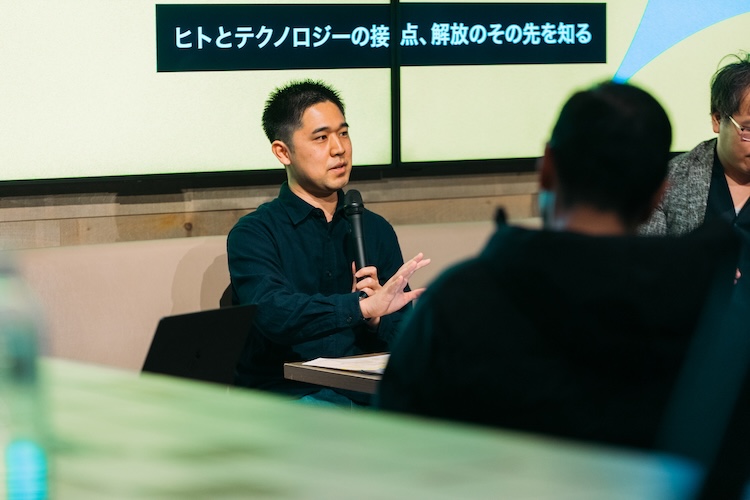

Yamashiro
In cybersecurity fields, for example, attackers have developed a new idea of “solve when it can be solved*.” Even now, intercepting communications is easy for attackers, but they can’t read the encrypted information. Therefore, there’s an attack strategy of stealing a large amount of information now and reading it all at once when it becomes possible to decrypt it using quantum computers. In anticipation of these kinds of attacks, researchers and developers are developing new encryption methods that can counter the misuse of quantum computers. I’d say that the field of cryptography is already getting affected.
*Harvest (Capture, or Store) now, decrypt later: Some secret information remains valuable for many years. Even if attackers cannot crack the encryption protecting the secrets at the moment, it could still be beneficial to steal encrypted data and hold onto it in anticipation that quantum computers will break the encryption in the future. This idea is sometimes expressed as “harvest now, decrypt later”—and it’s one of the reasons computers need to start encrypting data with post-quantum methods as soon as possible.

Ohzeki
Quantum computer progress will have the most significant impact on the chemistry and pharmaceutical field.
The disparity between companies with quantum computers and those without will widen. Although quantum computers are accessible to anyone via the cloud, exclusive use requires a high cost, raising concerns that those who already have resources will gain even more.

Yamashiro
Definitely. We’ve already seen regulations, such as restrictions on the use of IBM quantum computers by specific countries. This reflects how computational power is becoming a critical resource for national security.

Takumi
The resource for the next era, after oil, is computational power.

Ohzeki
With its strong software capabilities, Japan can adopt a relatively neutral position in the quantum computing landscape. Similar to its approach with Official Development Assistance (ODA), Japan can offer access to its quantum computers for peaceful and industrial applications to individuals and nations lacking their own resources. By allowing countries with unique challenges to utilize Japanese quantum computing technology, Japan could be a central hub for fostering new talent and accumulating diverse application examples.

Takumi
Education is a key to achieving that, isn’t it? We also received a related question from the audience: “What should we do to keep up with quantum computer technology?”

Ohzeki
The beginning is essential. First, you have to jump in even if it’s a leap. Just as a college student buys a computer and first uses it to write reports, with quantum computers, the proper way is to understand the main methods and algorithms, know what they can do, and then study the principles at university, etc. In the programming classes I teach for high school students, I also emphasize trying it out first. You can understand quantum mechanics more deeply if you have practical experience using it.

Takumi
As the first step, operating quantum computers yourself is essential to overcome any anxiety about them.
I also recommend watching my popular YouTube episode, The History of Quantum Mechanics (量子力学の歴史).

As an example of recent technology, we also asked the two speakers how they use generative AI. They cited examples such as using Suno for music composition based on lyrics and relying on AI for Rust code generation. Takumi further commented that individuals’ adoption of generative AI mirrors their general approach to new technologies.

Takumi
What are your thoughts on the future development of quantum AI algorithms?

Yamashiro
Regarding optimization problems, I’m interested in the potential of approximation algorithms.

Ohzeki
Researchers are unraveling the disadvantages of the gradient method—an algorithm that gradually searches for the optimal solution—in generative AI, and quantum computing as well. I’m excited about the newly emerging algorithms that can overcome these weaknesses.

Okutani
Quantum mechanics and chemistry both deal with the microscopic world, so I can easily imagine they can work well together. However, why can quantum computers be used for macroscopic issues like traffic optimization?

Ohzeki
Humans tend to organize values like in Excel. For example, when determining the shortest route, we often arrange distances in ascending order to compare. Comparing and choosing the single better option is how existing computers calculate with 0s and 1s. Quantum computers, however, are suitable for these kinds of problems because they can calculate possibilities in the ambiguous realm between 0 and 1, even with uncertain factors.

Takumi
What impact do you think the development of quantum computers will have on physics research and development?

Yamashiro
I anticipate the discovery of the next quantum mechanics theory, which will propel physics forward, by enabling all calculations to be performed exclusively on quantum computers. Achieving this requires humankind to utilize quantum computers more. I hope to live long enough to see this advancement.

Ohzeki
Quantum mechanics emerged to address contradictions between classical physics and experimental findings. Scientific progress relies on experimentation, particularly in controlled settings. A quantum computer facilitates such experiments by manipulating numerous controlled qubits. This capability allows for the experimental validation of quantum mechanical theories, which have previously been supported only by mathematical consistency. Consequently, selecting and refining these theories is expected to accelerate significantly.
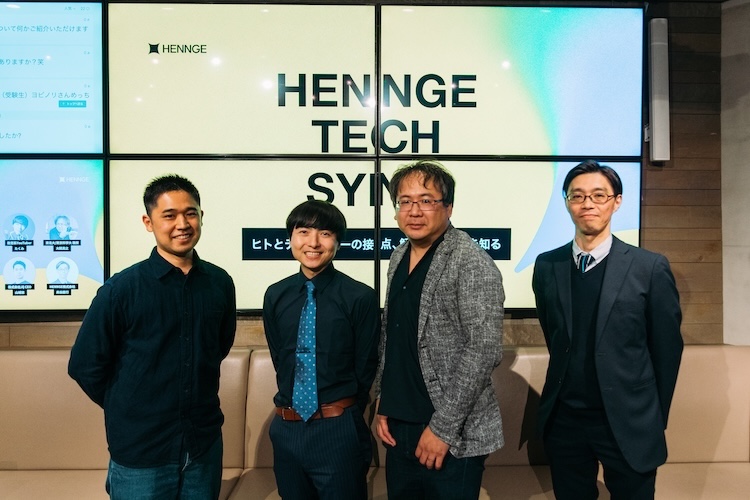
Yamashiro
Though many technologies originated in Japan at the very beginning of quantum computing, Japan may have fallen behind the global forefront recently. However, Japan is still leading in software, such as developing algorithms for using quantum computers in practice, and it can sufficiently compete globally. Moreover, Japan has characteristics such as companies mainly engaging in development and a strong industrial structure in manufacturing. These points have garnered global attention. On the other hand, regarding hardware, countries working on development as a whole nation, such as the US and China, have strengths due to the enormous budget required for development.